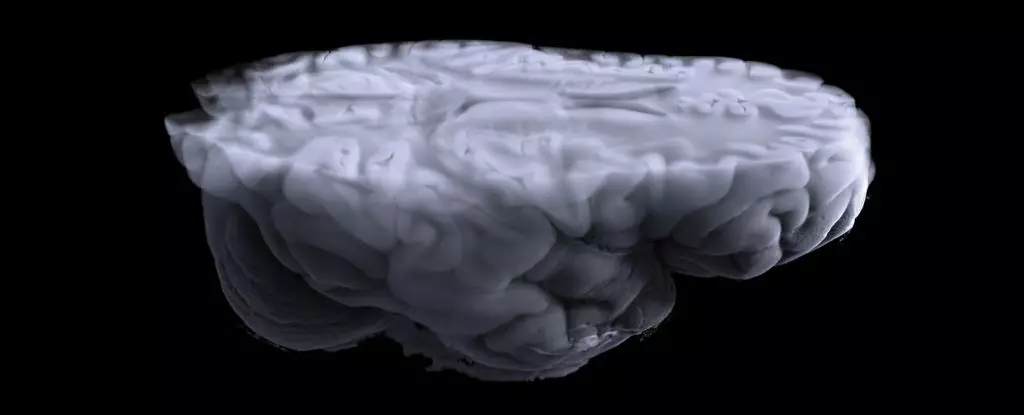The ovaries are not just reproductive organs, they play a crucial role in producing hormones that are essential for maintaining the overall health of a person’s heart, bones, brain, and immune system as they age. Recent research has raised concerns about the long-term health consequences of surgical removal of both ovaries, highlighting the impact on brain health in particular.
A brain imaging study involving over 1,000 females aged 50 and above in the US revealed that those who had both ovaries removed before the age of 40 showed reduced white matter in various parts of their brain. This reduction was more significant compared to females under 50 who had not undergone the same procedure. Even those who had their ovaries removed after the age of 40 showed decreased white matter integrity, though to a lesser extent. These changes resembled vascular brain disease more closely than Alzheimer’s, suggesting early preclinical features of Alzheimer’s pathology.
Impact of Ovary Removal on Brain Health
Research has indicated that women who undergo removal of both ovaries before menopause have a higher risk of cognitive impairment and dementia later in life. The study points out that male brains have been the primary focus of neurological research, with minimal consideration for the impact of hormones produced by the gonads on brain health and development. Testosterone, a hormone also produced by the ovaries, is linked to white matter integrity in the brain. The sudden loss of testosterone due to ovary removal before menopause could have negative effects on brain development.
Despite advancements in research, many unanswered questions remain regarding the role of ovaries in female health and the consequences of their removal. While ovarian removal may be necessary in cases of cancer, it is also commonly performed for benign conditions such as endometriosis, ovarian cysts, and fibroids. However, the risks and benefits of ovary removal at a young age are not always carefully considered by surgeons and patients. Removing both ovaries during reproductive years can lead to early menopause, increasing the risk of chronic health conditions like bone density loss, cardiovascular disease, and cognitive impairment.
It is essential to recognize the importance of ovaries in maintaining lifelong health in female-bodied individuals. When possible, ovaries should be spared to avoid the potential risks associated with their removal. Preservation of the ovaries not only protects reproductive health but also plays a critical role in maintaining overall well-being, including brain health. More research is needed to fully understand the implications of ovary removal and to ensure that the risks are carefully weighed against the benefits in each individual case.


Leave a Reply